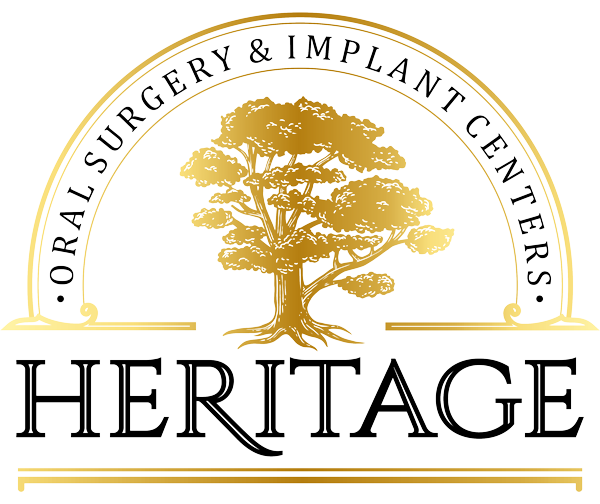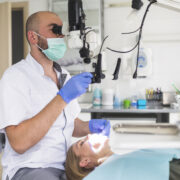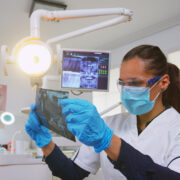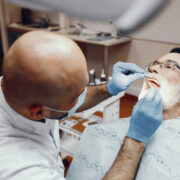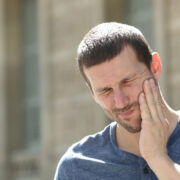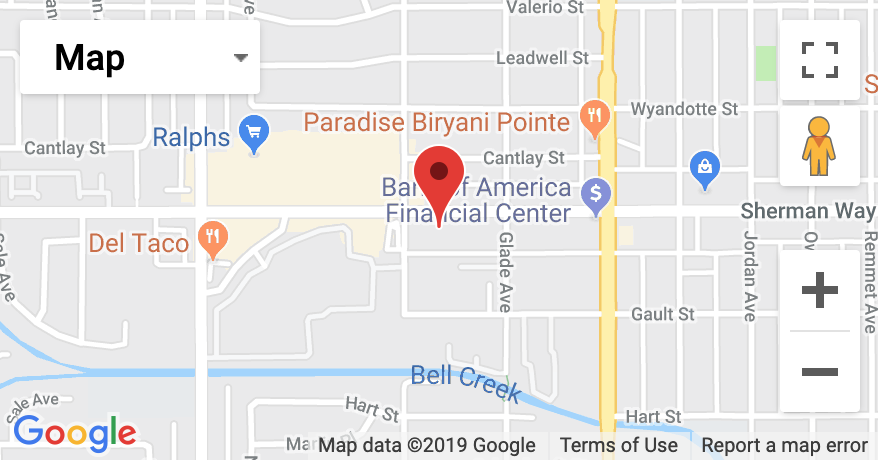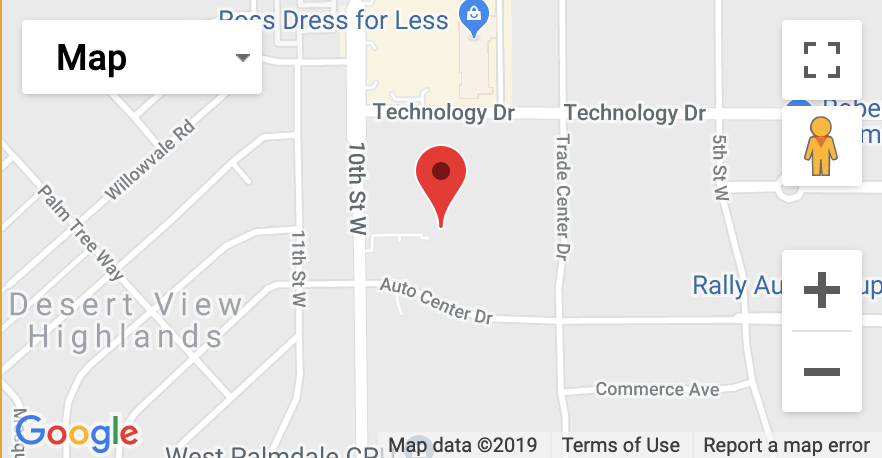5 Ways to Prepare for Your Upcoming Oral Surgery
Oral surgery requires preparation in order to go smoothly. If you’re getting oral surgery soon, it’s important to coordinate with your dental professional in Palmdale, Valencia and the West Valley. Your dental professional at Heritage Oral Surgery & Implant Centers can help you plan for this event by giving you instructions. In addition, the following tips can help.
1. Arrange for a ride.
Your dentist may tell you that you need a ride home from your appointment. Anesthesia can impair your judgment, so you should not operate a car following receiving anesthesia. If you don’t have anyone who can give you a ride back to your home, you may also take public transportation or a rideshare service.
2. Buy any soft foods recommended by your dentist.
Your dentist may recommend that you only eat soft foods during the healing process. Have a range of soft foods on hand at your house, such as yogurt, apple sauce and protein shakes.
3. Be ready to all pre-op instructions provided to you by the dentist.
Most likely, your dentist will give you some instructions that are unique to your procedure. Have them written down and read through them before going through your procedure, to ensure you’re ready to follow them.
4. Pick out the right clothes.
If you’re getting sedation at your dental procedure, then you’ll need to give them your arms for the sedation itself, and so they can monitor your vital signs. Wear short-sleeved shirts to make this easier.
5. Arrange for time off work.
You’ll need to take off at least the day of your surgery, and possibly other days following your surgery. Arrange for whatever time off work is necessary. Your dentist will let you know the bare minimum number of days that you’ll need to take off before you can return to work. Let your workplace know that you’ll need at least this number of days off, and you may need more.
Have questions? Communicate with your dentist ahead of your surgery.
Are you getting oral surgery in Palmdale, Valencia, or the West Valley? Talk to your dentist at Heritage Oral Surgery & Implant Centers to learn more about what you can do to prepare for the upcoming event.

